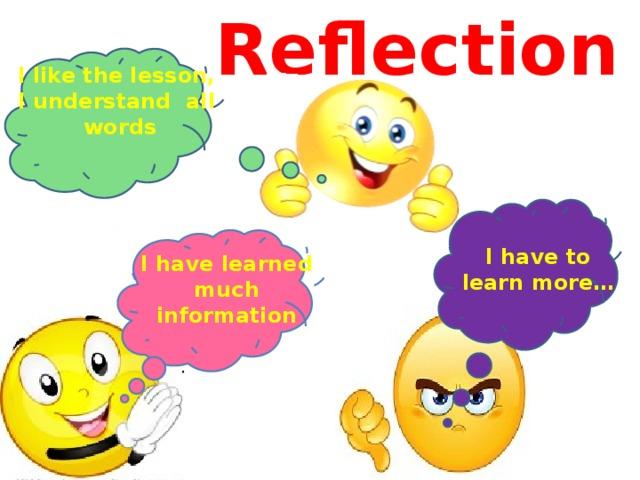| Unit 3. Time | School: №1 |
| Date: 19.11 | Teacher name: Кокжанова Д.А |
| Grade: 3 | Number present: 13 | absent:- |
| Theme of the lesson: Daily routines |
|
Learning objectives that this lesson is contributing to | 3.1.7.1 use contextual clues to predict content in short, supported talk on a limited range of general and some curricular topics; 3.5.2.1 use cardinal numbers 1 -100 to count and ordinal numbers 1 – 10; 3.5.9.1 use common present simple forms [positive, negative, question] and contractions to talk about what you want and like, habits and facts, simple future timetabled events, use common past simple forms to describe actions and feelings |
| All learners will be able to: Use daily routine verbs with some error Write the time using prepositions with considerable support Write the time using numbers with considerable support Recognise the question When do you …?
|
| Most learners will be able to: Use daily routine verbs Write the time using prepositions with limited support Write the time using numbers with limited support Say the question When do you …? with support
|
| Some learners will be able to: Use daily routine verbs correctly Write the time using prepositions correctly Write the time using numbers correctly Independently use questions When do you …? What time do you..? What do you do on….? |
| Plan |
| Planned timings | Planned activities | Resources |
| Beginning 5 mins
| Greetings. Watch video : “How is the weather” Answer the questions Warm up Do puzzle “ Days of the week”/Match the words with the Russian equivalents. Monday Пятница Tuesday Среда Wednesday Суббота Thursday Понедельник Friday Воскресенье Saturday Вторник Sunday Четверг
Home work. Let’s check. Project work - Students made a posters about their daily routines. All students – draw a picture, wrote some information Most students – tell about their posters with some errors and support of teacher Less students - tell about their posters without any support of teacher.
Inclusive – draw only a picture, try to tell about poster in any language. | Slide 1 https://www.youtube.com/watch?v=rD6FRDd9Hew
Slide 3
PP slides 4 (My Working Day)
|
|
Middle 30mins
| New words Wake up - Просыпаться O’clock - час Get up - Вставать Wash my face -Умываться Brush my teeth - Чистить зубы Go to school - Ходить в школу Eat lunch/breakfast/dinner - Обедать/завтракать/ужинать Clean my room- Убирать комнату Take a shower – принимать душ Go to bed – Ложиться спать Sleep – спать Listen and repeat. Watch a video.
Make week schedule Learners are given worksheets where they write about the activities during the week. The task is: Write the day Write what you do Write the time of day Glue or draw a picture Reading /Work with book “Smiles 3” p. 40 ex. 17 Talk with your friends |
Slide 5
https://www.youtube.com/watch?v=qD1pnquN_DM
https://www.youtube.com/watch?v=mesIpno8ulU
Slide 6
|
| End 5 mins |   
Tell students that they should finish the time worksheet for homework - Ask students what they do at the weekends. | Slide 7
Slide 8
|
| Additional information |
| Differentiation – how do you plan to give more support? How do you plan to challenge the more able learners? | Assessment – how are you planning to check learners’ learning? |
| Less able students – greater support by means of prompts, visuals or writing difficult words on the board More able students – independent work on definite tasks with little/no support Allow for flexible groupings and cooperative learning, depending on the appropriateness to the task Allow for extra time for students needing it, when appropriate Give extra text or visual support to students needing extra English support Create small learning groups for students needing extra support or enrichment with the co-teacher, when appropriate | through observation |
| Reflection Were the lesson objectives/learning objectives realistic? What did the learners learn today? What was the learning atmosphere like? Did my planned differentiation work well? Did I stick to timings? What changes did I make from my plan and why? |
| Summary evaluation What two things went really well (consider both teaching and learning)? 1: 2: What two things would have improved the lesson (consider both teaching and learning)? 1: 2: What have I learned from this lesson about the class or individuals that will inform my next lesson?
|


















